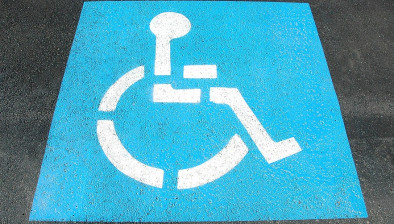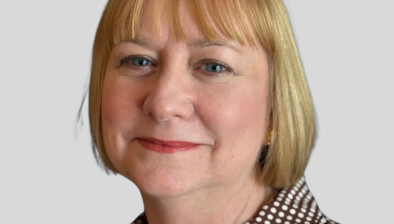Organisations call for Brexit impact review into health and social care
 Over 50 third sector organisations across the UK have backed an amendment to the EU Withdrawal Bill legislation calling for an independent review of the impact of Brexit on health and social care systems.
Over 50 third sector organisations across the UK have backed an amendment to the EU Withdrawal Bill legislation calling for an independent review of the impact of Brexit on health and social care systems.
The sector is concerned about the impact on staff from the EU, a decline in funding for medical research and levels of funding for services.
The development comes in response to concerns from third sector organisations across Scotland that changes in rules related to the EU workforce, medicines research and funding reported by organisations such as the Health and Social Care Alliance Scotland, Disability Wales, Camphill Scotland, Coalition of Care and Support Providers in Scotland, Genetic Alliance UK, Inclusion Scotland, Scottish Care and SCVO.
More than fifty third sector organisations are signed up in support of an amendment to the EU Withdrawal Bill from Scottish MPs Joanna Cherry MP, Dr Philippa Whitford MP and Martyn Day MP which proposes a review of the impact of leaving the EU on the four health and social care systems operating across the United Kingdom.
The amendment is likely to be heard in the House of Commons over the coming weeks as MPs consider a raft of changes to the legislation which will lead to the UK leaving the European Union.
Ian Welsh, chief executive of the Health and Social Care Alliance Scotland, said: “Alliance members have raised significant concerns about the impact Brexit will have on their operations after the 2019 leaving date. By supporting an independent review of its impact we hope to highlight the impact of leaving the EU for organisations supporting people with long term conditions and ways of addressing these concerns.”
Dr Neil Henery, director, Camphill Scotland, said: “Camphill was founded in Scotland by Austrian refugees and remains very much a European and international movement. 170 (or 68%) of the 251 short-term volunteer co-workers currently living and working in Camphill communities in Scotland are from other EU countries. Without them Camphill could not continue in its present form to the great detriment of the over five hundred people with learning disabilities and other support needs who depend on us for their care, education and support.”
Rhian Davies, chief executive of Disability Wales, said: “Health inequality is a major challenge in Wales due to the high proportion of disabled people in the population and higher than average levels of poverty. It is vital that steps are taken to ensure that the situation in Wales is not made worse following changes in the health and social care workforce following Brexit.”







